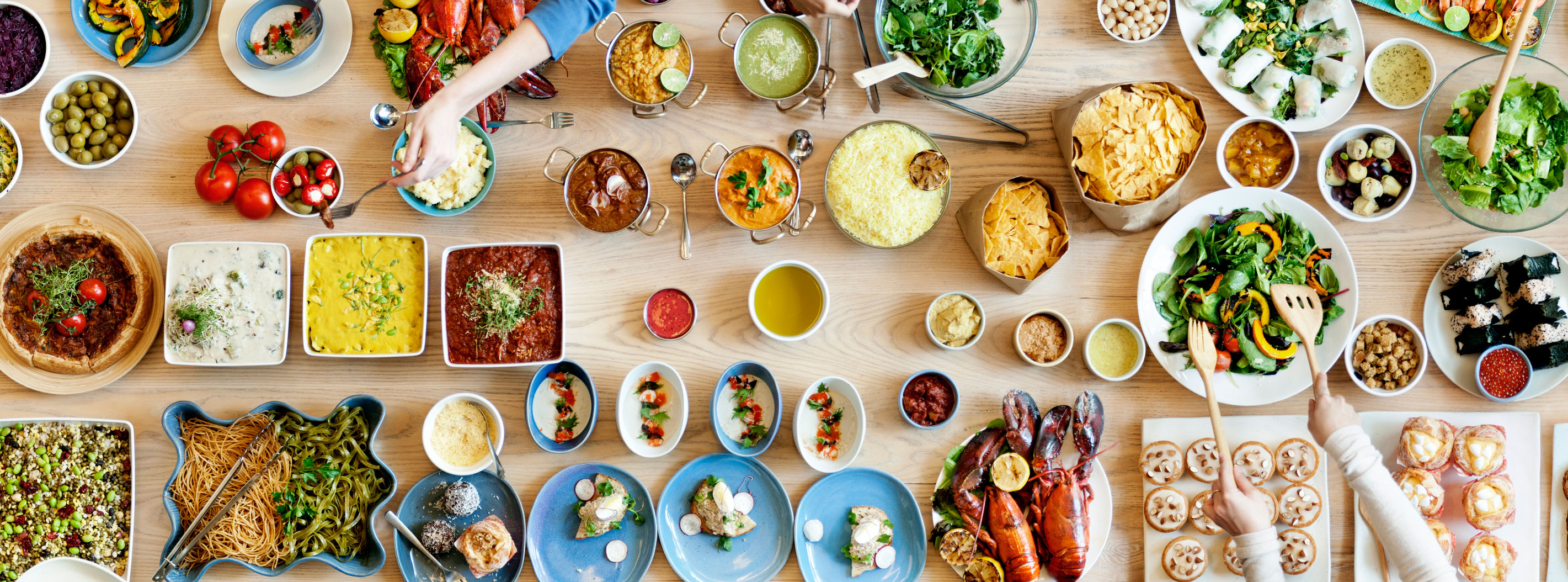
Treating Crohn’s disease involves controlling inflammation, as data suggests a diet with less processed foods, refined sugar and unhealthy fat can help.
This is more Mediterranean vs. traditional Western diet. These choices offer protective properties and are part of a nutrient-rich diet:
1. Protein foods help rebuild and heal the lining of the digestive tract affected by Crohn’s. Try lean proteins like meat, turkey, chicken, fish, shellfish and eggs. Legumes, nuts and seeds are protein if you can tolerate them. Ask your dietitian for tips like smearing creamy nut butter on a sandwich instead of nuts or substituting hummus for chili.
2. Potassium-rich foods can help restore electrolytes lost with the diarrhea that comes with Crohn’s flares. My top easy-to-digest choices include mashed potatoes, butternut squash (buy it frozen and pureed, adding chicken broth for more electrolytes, and you have a light soup) and coconut water. Grains like whole wheat bread, oatmeal and brown rice, in addition to fruits and vegetables, supply potassium, too.
Related story: How To Get An Accurate Crohn’s Diagnosis (Click here)
3. Fluids will help prevent dehydration. Besides coconut water and broth, drink water and diluted fruit juices. Various teas are mild — ginger tea can be soothing and ease cramping — but avoid those with caffeine. Also avoid carbonated beverages because they tend to cause gas and increase peristalsis, which can produce pain.
4. Probiotic foods like yogurt, kefir, aged cheeses, miso and real sourdough bread can help maintain a healthy gut microbiome, something that is altered in Crohn’s disease. The problem is that many people with Crohn’s are lactose intolerant and most of these contain lactose. Instead, try lactose-free yogurt and kefirs labeled 99 percent lactose-free. Many people can tolerate a small amount of lactose at a time, eating it with other foods to improve tolerance. Try adding shredded aged cheddar cheese to scrambled eggs.
5. Prebiotics are found in plants like fruits, vegetables and grains and fuel good bacteria and increase the likelihood that they survive in the gut. Research at the University of Massachusetts promotes probiotics and prebiotics in the diets of those with IBD. When feeling well, asparagus, leeks, wheat bran, oats, bananas, ground flaxseed or flaxseed meal and garlic. Because some people have strictures that prevent them from eating much fiber, you should talk to your doctor before embarking on a new diet. Never add these foods during a Crohn’s flare.
6. Texture should be a consideration when choosing foods. You may find that soft, ground or even pureed foods are easier to digest and improve nutrient absorption, especially during a flare. Ask your dietitian for flavorful recipes.
7. Phytochemicals can help calm inflammation during Crohn’s flares. The anti–inflammatory substance can be found in fruits and vegetables, ginger, cloves, turmeric and red pepper. These can be easily added to soups, applesauce or hot cereal.
8. Vitamin D and calcium in some foods can help combat nutrient deficiencies, promote healthy bone status and slow bone loss associated with Crohn’s disease and its treatments. Examples include cow’s milk, fortified almond, soy and rice milks, fortified orange juice, canned salmon (also a source of healthy omega-3 fat), aged cheeses and dark leafy greens.
9. Vitamin B (including B12) can also be lacking due to absorption issues. Try adding fish, meats, eggs and fortified breads and cereals. Fortified nutritional yeast is a good source of B vitamins and can be added to savory recipes, sprinkled on food and stirred into soups and mashed potatoes.
The bottom line is that there is no one food or group of foods to cure or prevent Crohn’s disease. But a diet rich in vegetables, fruits, whole grains, protein and healthy fats is linked by research to improving the condition.
The best advice I can give is to see a registered dietitian/nutritionist who can help you come up with an individualized diet based on your specific needs.
Mary Noon is a registered dietician and nutritionist at Hartford Hospital. For more information or to schedule an appointment, please call Hartford Hospital Outpatient Nutrition Counseling at 860.972.2604.


